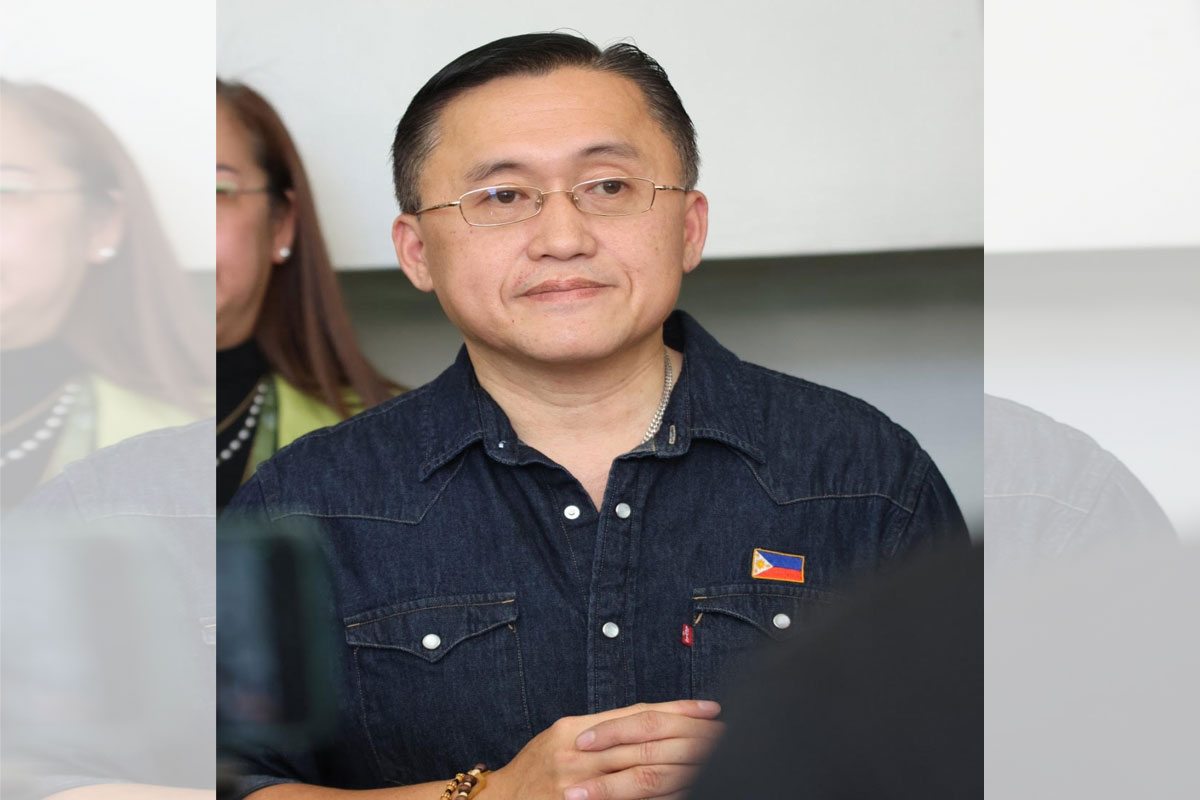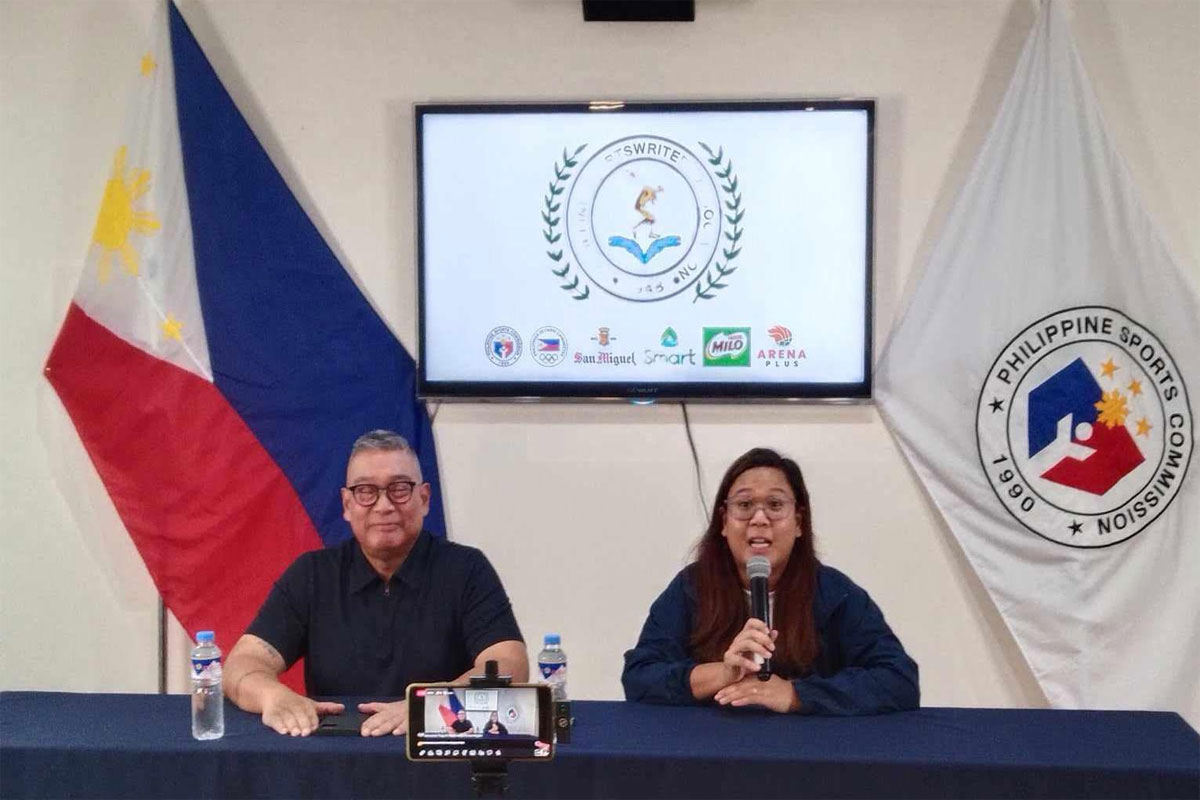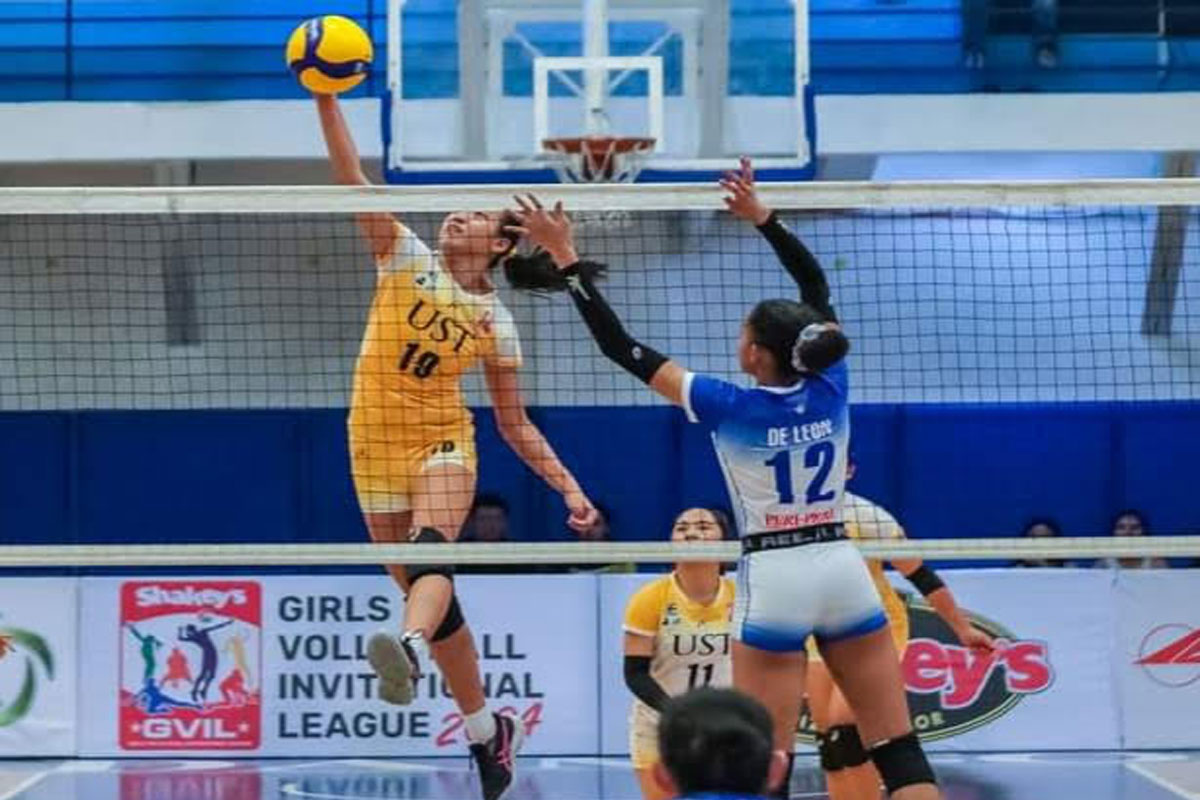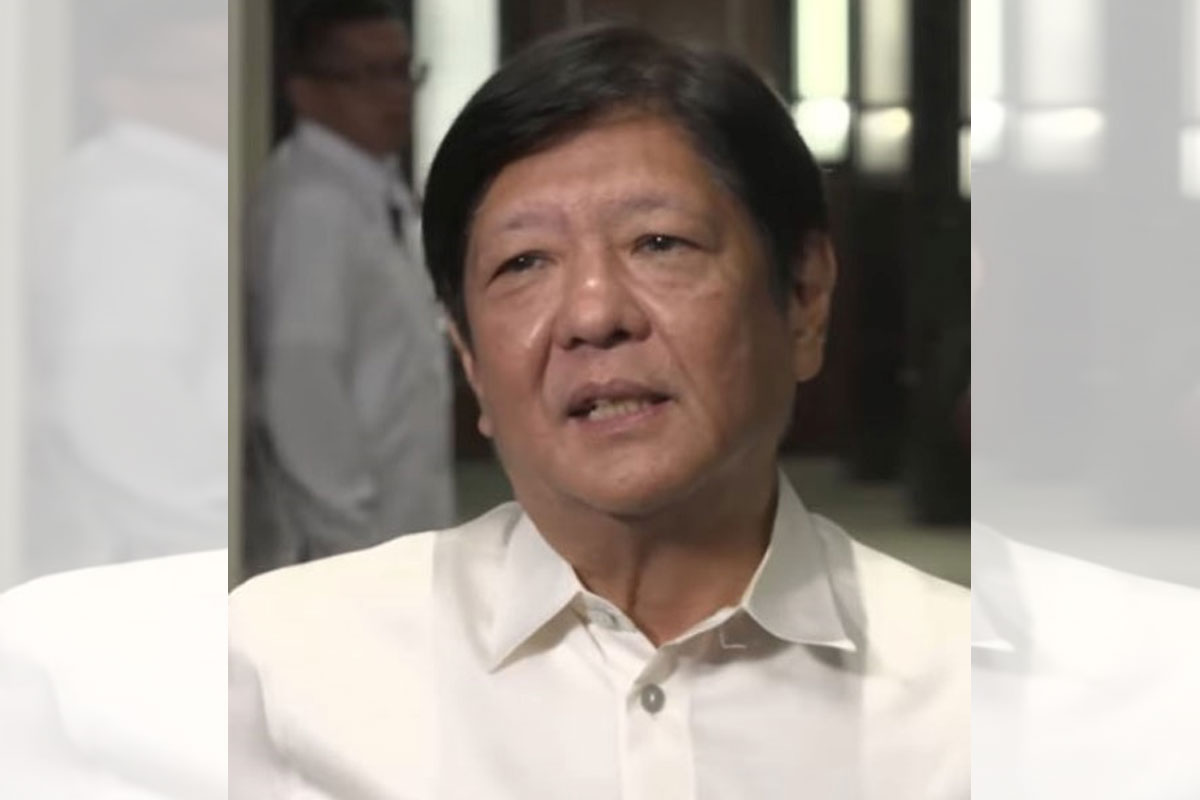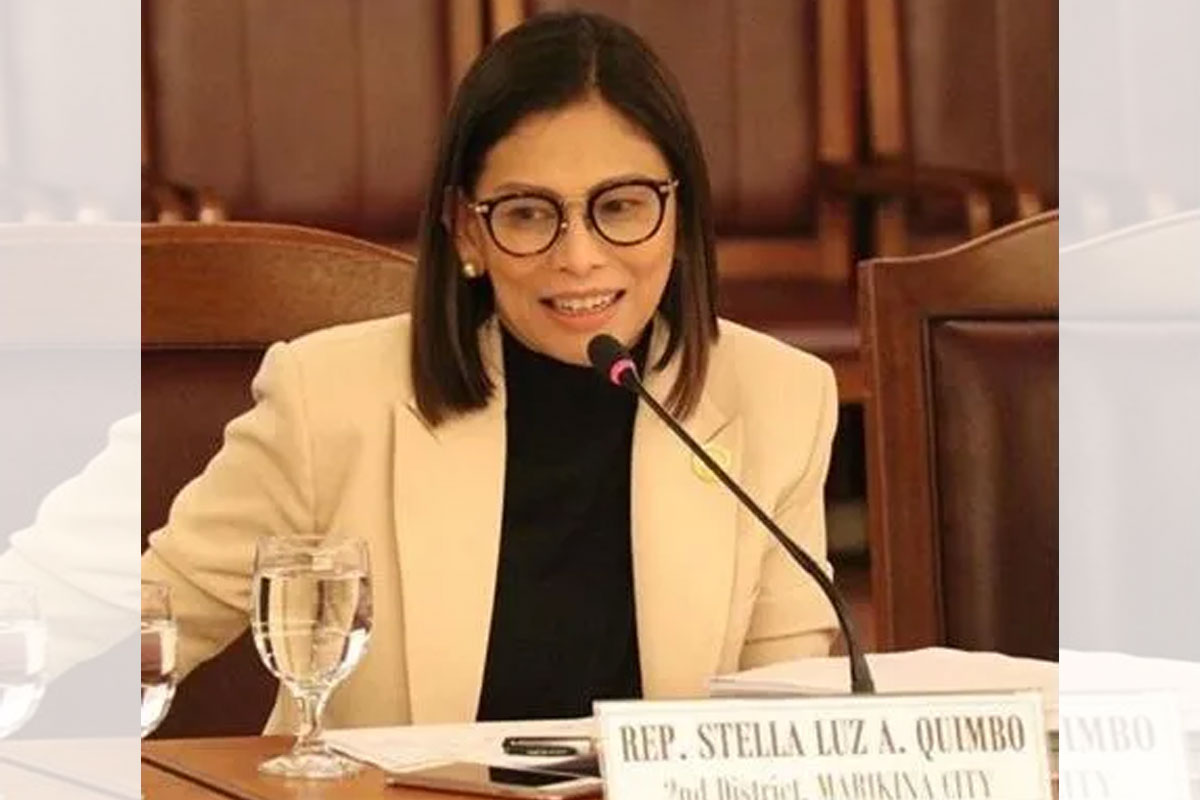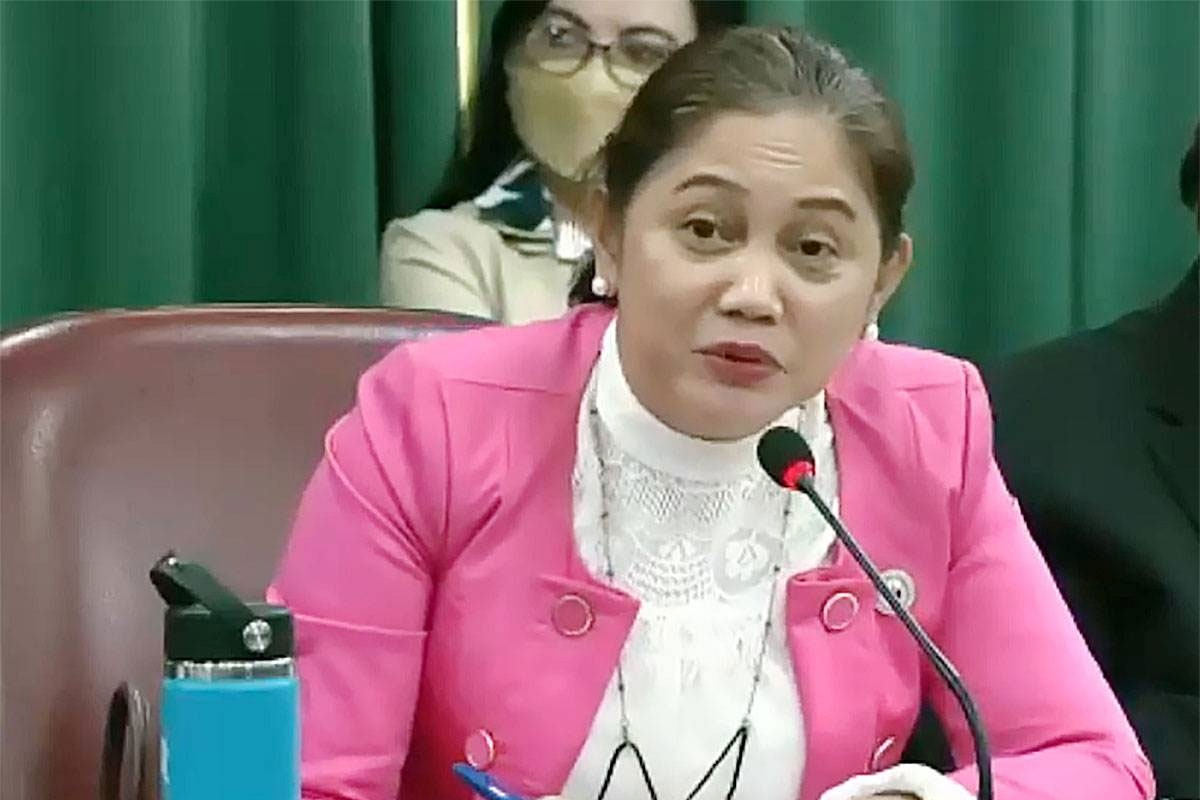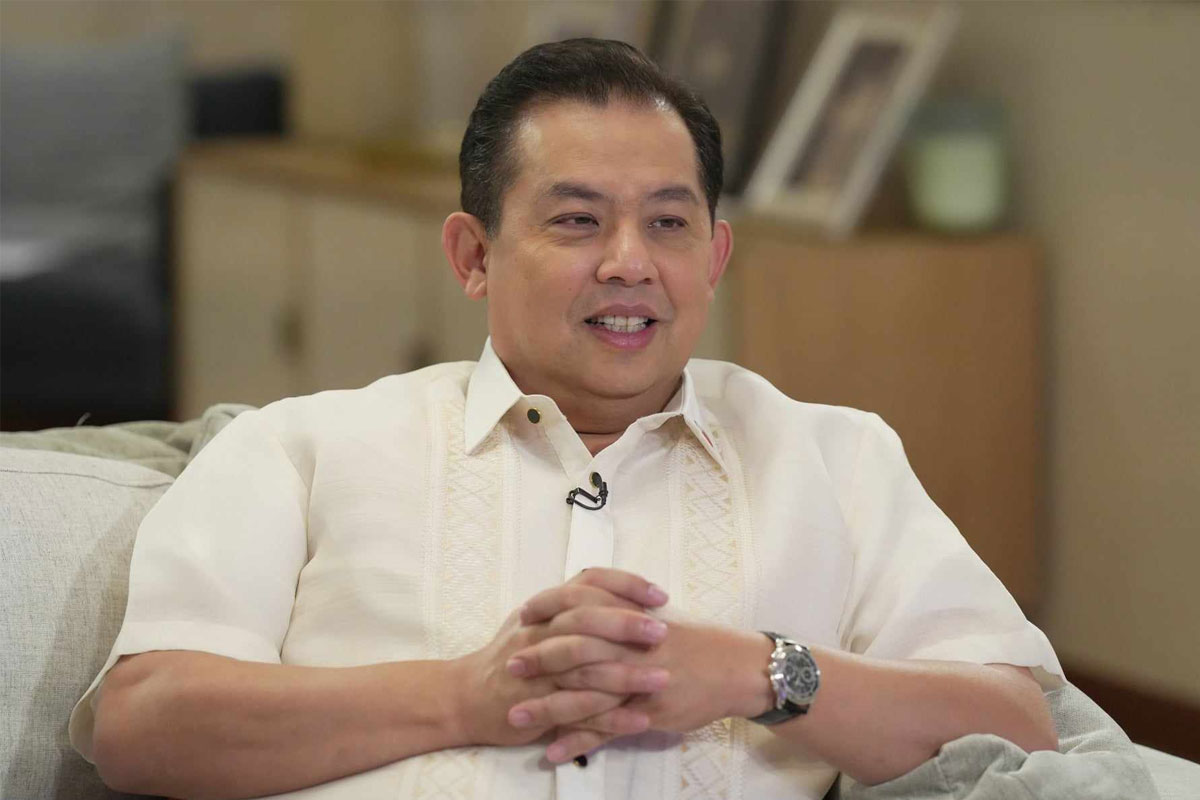
Charter should be facilitative, not restrictive’
Ex-National Security Adviser:
FORMER National Security Adviser and retired UP professor Clarita Carlos on Monday expressed support for the proposed economic constitutional amendments the House of Representatives is tackling as a Committee of the Whole House.
She told the committee’s fourth hearing on Resolution of Both Houses (RBH) No. 7 that a Constitution should be “a living document that should reflect the political and economic conditions of our times.”
If the basic law fails to adapt in the constantly changing environment of a borderless world, it should be changed, there should be a “reset,” she said.
“Let us build bridges, not walls, to the rest of the world,” she said.
She stressed that a Constitution “should be facilitative, not restrictive.”
Carlos urged those opposed to opening up education to foreign investors to think about its potential outcome, which is “effective learning,” and not ownership issues.
RBH No. 7, authored by Senior Deputy Speaker and Pampanga 3rd District Rep. Aurelio “Dong” Gonzales Jr. and other House leaders, contains the proposed economic Charter changes pending in the House.
The measure is almost an exact reproduction of RBH No. 6, introduced in the Senate by Senate President Juan Miguel Zubiri and Senators Loren Legarda and Juan Edgardo Angara.
RBH Nos. 6 and 7 are both entitled, “A Resolution of Both Houses of Congress proposing amendments to certain economic provisions of the 1987 Constitution of the Republic of the Philippines, particularly on Articles Xll, XlV and XVl.”
Another Committee of the Whole House resource person, Orion Perez Dumdum of Correct (Constitutional Reform and Rectification for Economic Competitiveness and Transformation) Movement, cited the benefits of opening education to foreign investors.
He said it would be cheaper for Filipino students to obtain high-quality foreign eduction if foreign universities are allowed to establish wholly-owned campuses in the Philippines.
Dumdum, who has lived in Singapore as an overseas Filipino workers for more than 20 years, said there are several foreign universities operating in Singapore.
He said Malaysia has at least 10, while Vietnam has five, including one American university.
A third speaker, Eduardo Araral, a Filipino teaching at the National University of Singapore, spoke on the results of his study on why Vietnam is attracting more foreign investments than the Philippines.
He said Vietnam has 50-percent cheaper electricity and a lower corporate tax.
It also has a “highly competitive workforce,” he said.
Vietnam has attracted a lot of foreign investors in electronics, including Samsung, which accounts for 28 percent of the country’s economy, he said.


